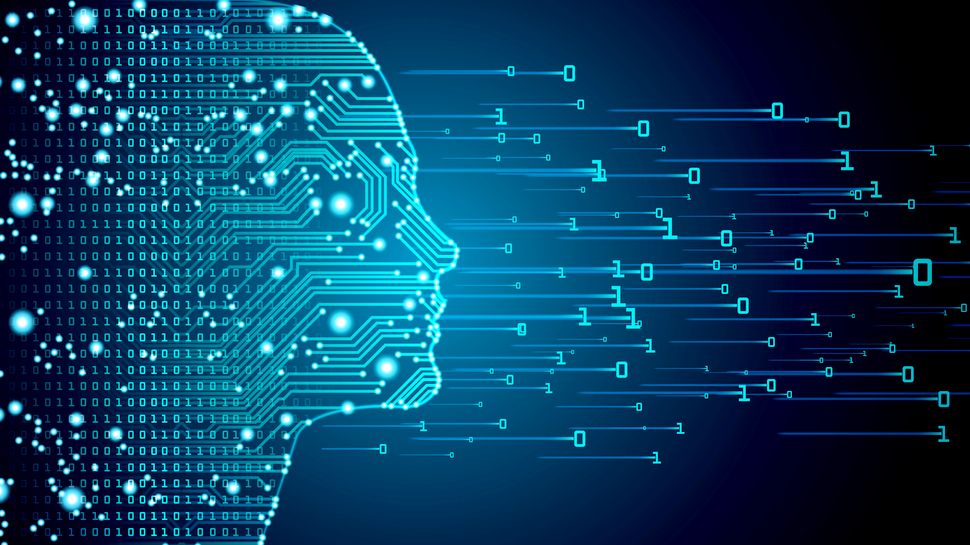Summary
Agentic AI uses autonomous agents to decide, act, learn, and boost efficiency across businesses and organizations.
Source: techradar

AI News Q&A (Free Content)
Q1: What are the core concepts of Agentic AI, and how do they apply to different sectors such as manufacturing and business intelligence?
A1: Agentic AI focuses on autonomous systems that can make decisions and perform tasks independently. These systems are applied in various sectors, including manufacturing, where they enhance capabilities in semantic comprehension and autonomous decision-making. In business intelligence, they help in process automation and customer support by utilizing agent-based process management systems. Recent advancements in large language models (LLMs) and multimodal large language models (MLLMs) have further expanded the capabilities of AI agents, providing new avenues for smart manufacturing and business process improvements.
Q2: How do AI agents differ from traditional software agents, and what potential challenges do they face?
A2: AI agents differ from traditional software agents by their ability to perceive, reason, and act autonomously. Unlike traditional agents, AI agents are capable of complex reasoning and decision-making over extended periods. However, they face challenges such as defining capability boundaries, ensuring goal-directed autonomy, and integrating into existing systems without causing unintended consequences. Addressing these challenges involves developing clear definitions and practical applications for AI agents, particularly in complex environments like manufacturing.
Q3: What are the potential risks associated with AI agents, and how can they be mitigated through regulation and design?
A3: AI agents pose potential risks such as rogue commerce, human manipulation, and intellectual property issues. These risks can be mitigated through regulation and the design of value-aligned systems that discipline AI agents to prevent undesired actions. Legal scholars suggest that AI agents need not be granted legal personhood, emphasizing that humans should remain responsible for AI agents' actions. Effective regulation and design can ensure AI agents align with norms and achieve desired economic outcomes while minimizing risks.
Q4: What is the role of the Agentic Web in the development of AI agents, and how does it differ from individual AI tools?
A4: The Agentic Web is a decentralized network of AI agents that autonomously discover, communicate, and collaborate across digital services. It represents an intelligence layer on the Internet, distinct from individual AI tools or technologies. The Agentic Web facilitates emergent intelligence and behaviors, enhancing the connectivity and functionality of AI agents. Unlike standalone AI tools, the Agentic Web focuses on the collective network of agents, enabling more robust and adaptive AI systems.
Q5: How does the concept of 'Agentic AI' relate to existing theories of intelligent agents and multi-agent systems?
A5: Agentic AI builds upon the theories of intelligent agents and multi-agent systems, which involve autonomous software agents operating based on objective functions. These agents are designed to maximize expected outcomes and are capable of autonomous decision-making. The term 'Agentic AI' has gained popularity recently, but it often overlaps with established concepts in AI literature. By understanding the foundational works on intelligent agents, we can better appreciate the advancements and terminological distinctions in Agentic AI.
Q6: In what ways can AI agents improve user interactions and align with user norms?
A6: AI agents can improve user interactions by leveraging value-alignment strategies, which ensure that AI agents adhere to user norms and expectations. These strategies involve designing AI systems that are sensitive to user preferences and capable of self-correcting actions that deviate from desired outcomes. By focusing on user-agent interactions and employing computer-science approaches to value alignment, AI agents can provide more personalized and satisfactory user experiences.
Q7: What are the implications of AI agents in cybersecurity, and how can they enhance security measures?
A7: AI agents play a significant role in cybersecurity by autonomously monitoring and responding to threats. They enhance security measures by using machine learning algorithms to detect anomalies and potential security breaches in real-time. AI agents can also automate response actions and adapt to evolving threats, providing a proactive approach to cybersecurity. The integration of AI agents in cybersecurity systems can lead to more robust and efficient protection against cyberattacks.
References:
- Page: Agentic AI
- Page: Intelligent agent
- Page: Agentic Web
- Published: 2025-07-02, Title: AI Agents and Agentic AI-Navigating a Plethora of Concepts for Future Manufacturing
- Published: 2025-02-25, Title: Responsible AI Agents





